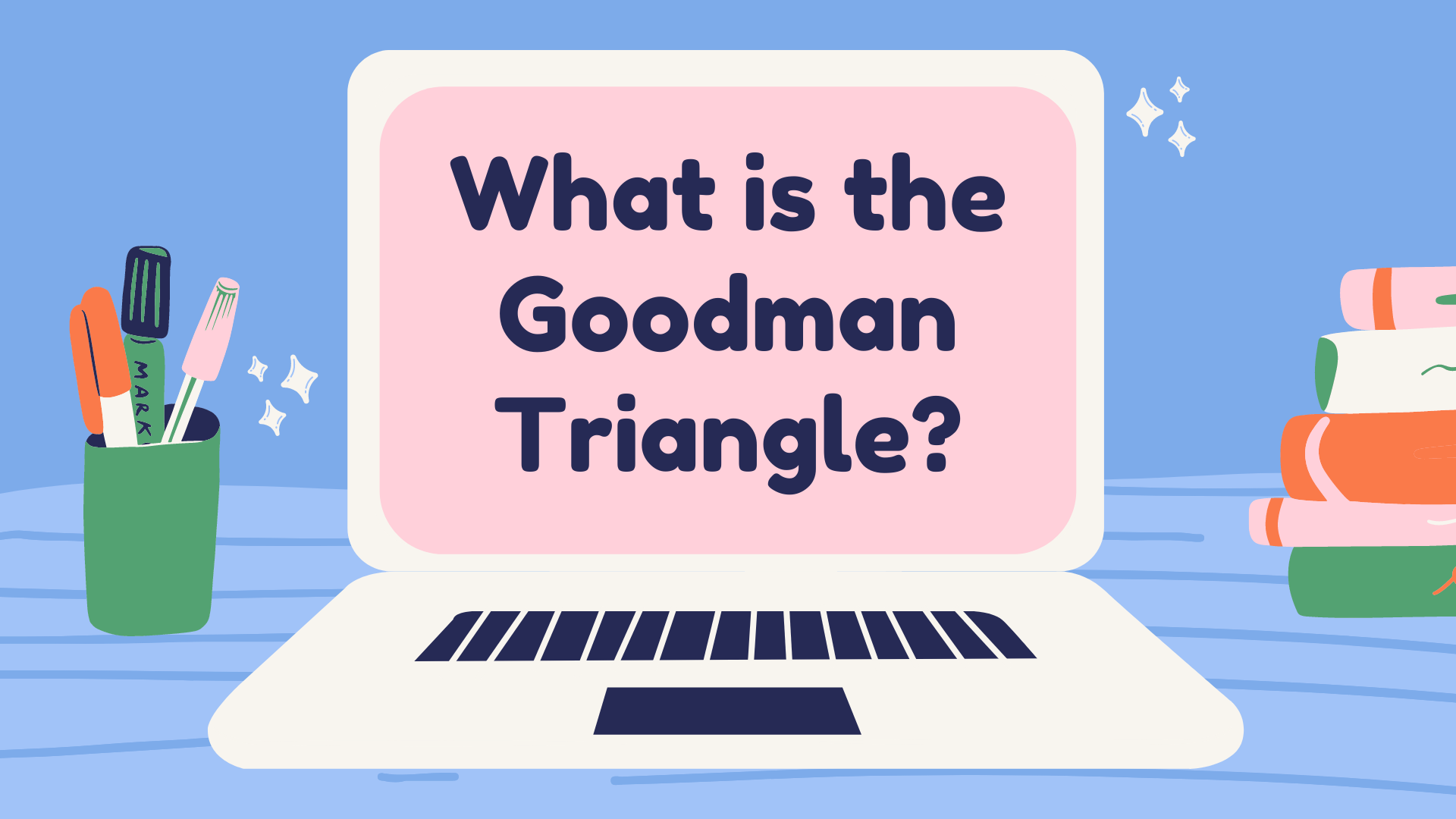
One of the biggest attractions with life insurance is the ability to have income tax-free benefits payable to your beneficiary in the event the insured person dies. However, certain conditions still have to be met to make sure the death benefit payout stays income tax-free. A common tax situation that occurs all too often is what’s known as the Goodman Triangle. The Goodman Triangle is a tax situation that can make the death benefit payout from a life insurance policy be considered a gift and therefore taxable. This occurs when the 3 main entities to an individual life insurance policy – the policy owner, the insured person, and the beneficiary – are all different persons.
- The Policy Owner — Pays the premiums.
- The Insured — The life the policy covers their life.
- The Beneficiary — the person or entity designated to receive the death benefit when the insured dies.
For example, a husband (owner) owns a policy on his wife (insured) and names their child the beneficiary. When his wife dies, and the child receives the benefit amount. The IRS can now tax the death benefit, since the husband was the owner of the policy, he has given a gift of the benefit to the child.
To avoid the Goodman Triangle tax situation, 2 of the 3 parties need to be the same entity. In the example above, the mother could be the policy owner as well as the insured person on the policy and name her child the beneficiary – in that configuration, the death benefit would not be considered a taxable gift.
On a related note, it’s important to remember that if the death benefit is included in her estate, and the value of the estate exceeds state or federal estate tax exemption amounts, then it could be subject to estate taxes. To avoid further taxation, one solution may be having an irrevocable life insurance trust be the owner and beneficiary of the policy to remove the benefit amount from the estate value calculation. Depending on the size of your estate this might never become an issue to you. Currently, as of this writing (March 2021), the estate tax exemption is $11.7 million. In 2025 the estate tax exemption is set to be reduced to $5 million.
To recap, the easiest way to avoid the Goodman Triangle situation and have your life insurance proceeds be income tax-free is to have either the policy owner and insured be the same person, or have the policy owner and beneficiary be the same person.
If you have any questions or would like a free no-obligation quote for life insurance, please call us at 1-888-972-0024 – we are licensed with over 30 top-rated insurance companies.
You can also send us an email by clicking here: E-mail Us
Want to schedule a time to speak with an agent? Schedule A Phone Appointment
